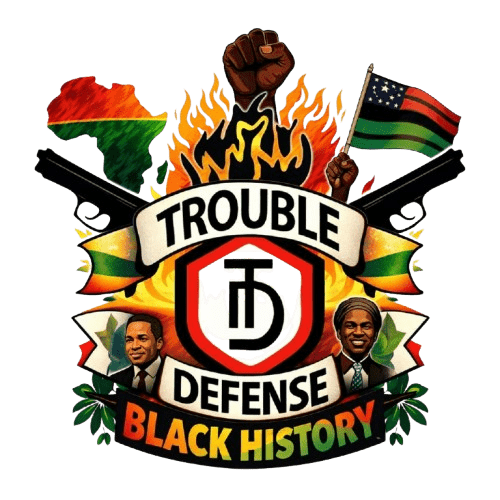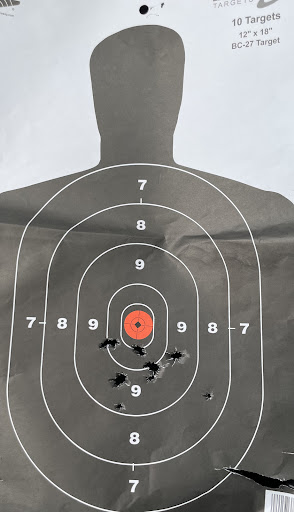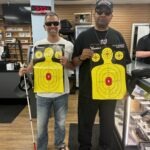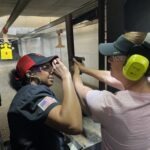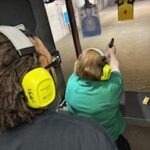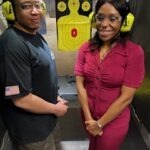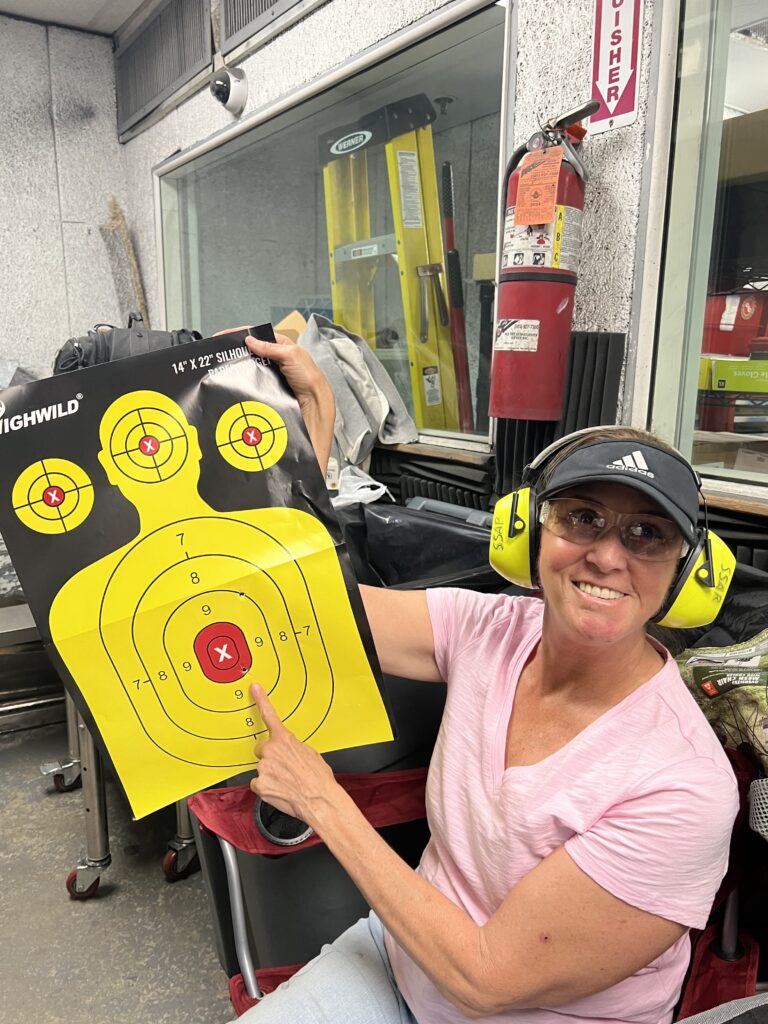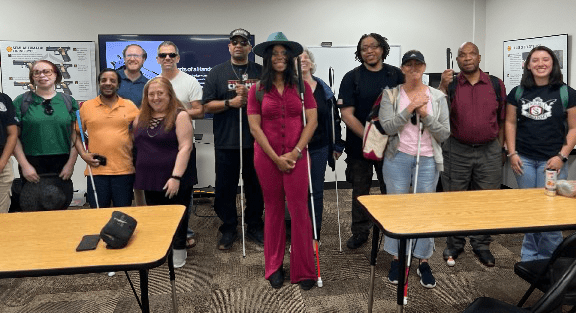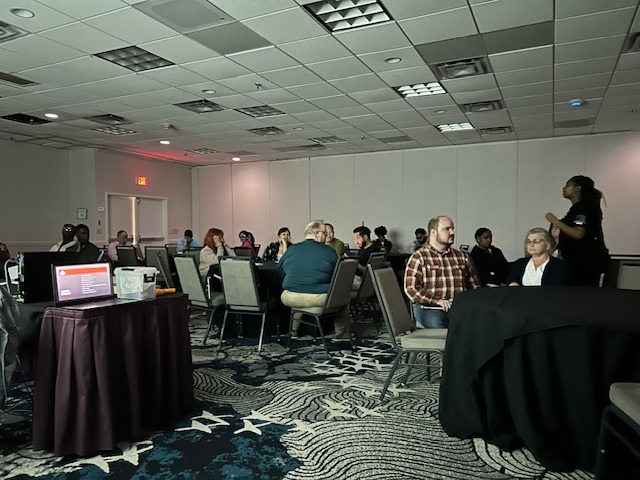At Trouble Defense LLC, we proudly support all National Blind Association chapters across the country. Whether your group is large or small, our certified instructors are dedicated to traveling to your location to deliver hands-on, adaptive firearms safety and self-defense training. We understand that each community has unique needs, and our team tailors every session to ensure participants receive professional, safe, and confidence-building instruction.
From intimate workshops to full-scale training events, Trouble Defense LLC brings inclusive, adaptive firearms education directly to your chapter. Our goal is to make sure no one is left behind when it comes to learning life-saving safety skills — regardless of vision or ability.
